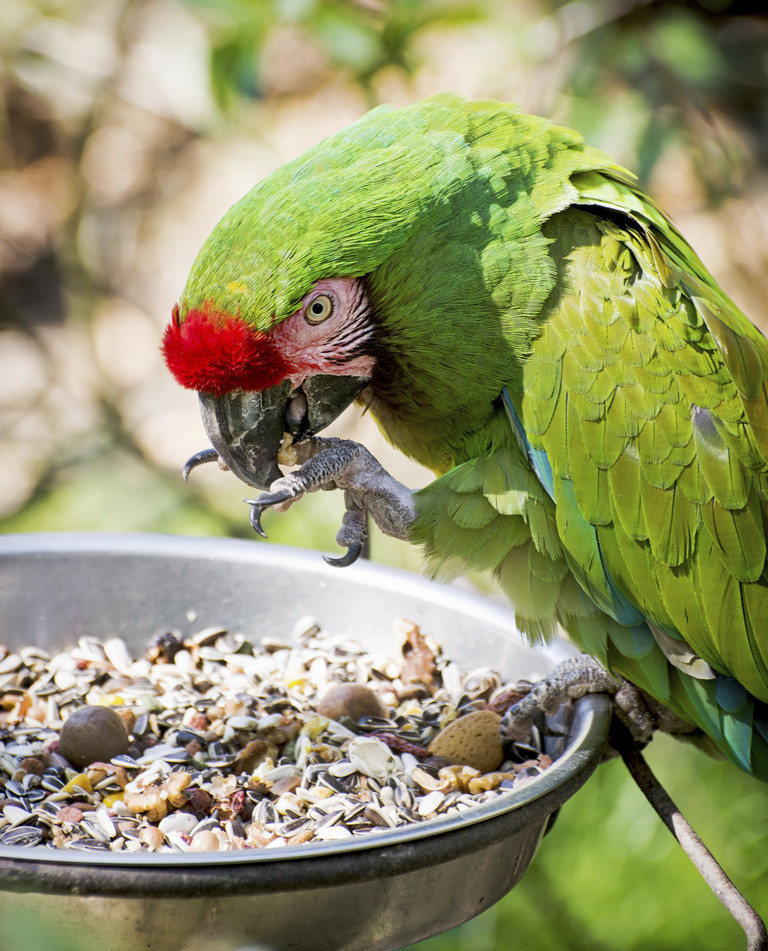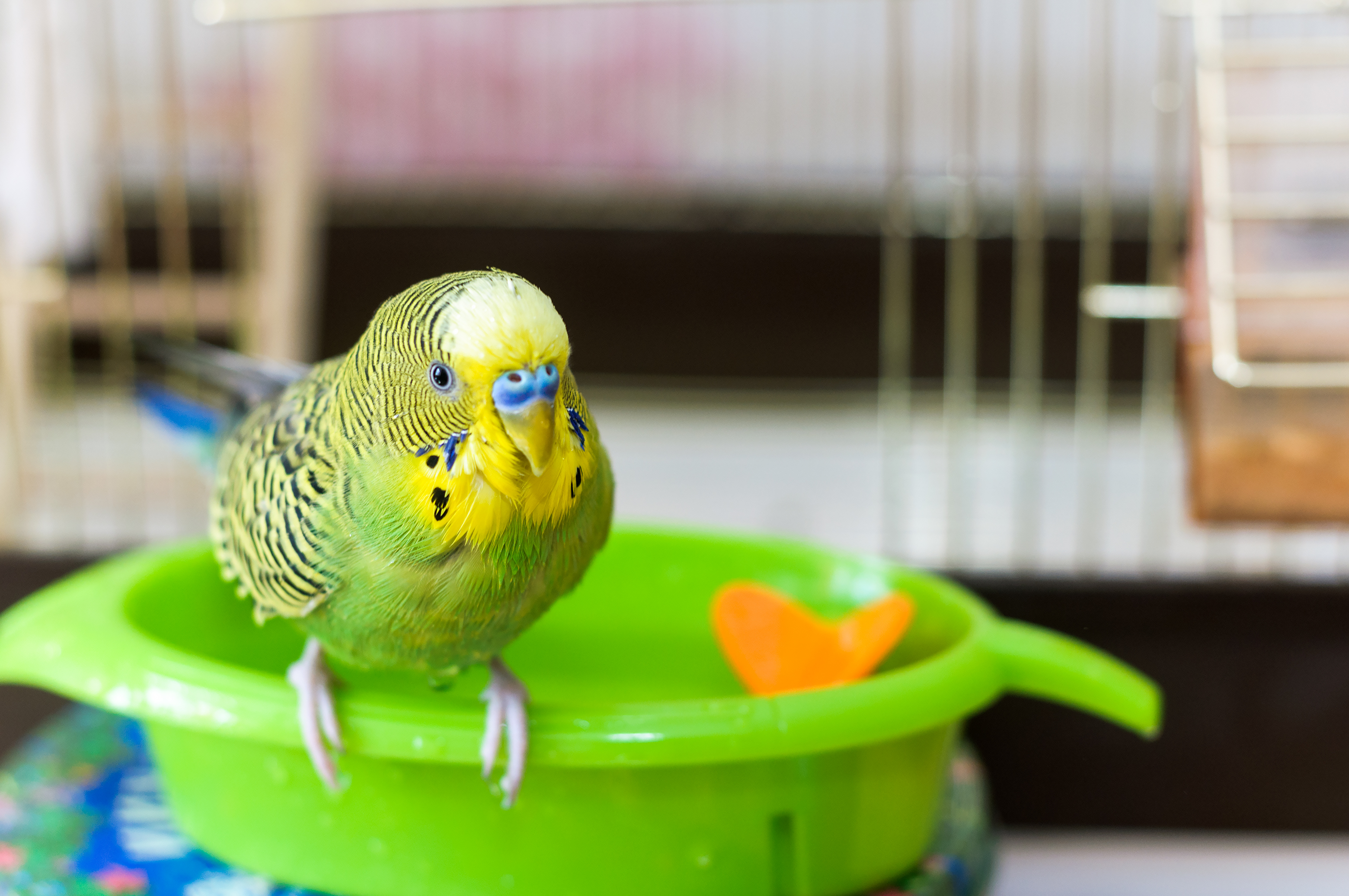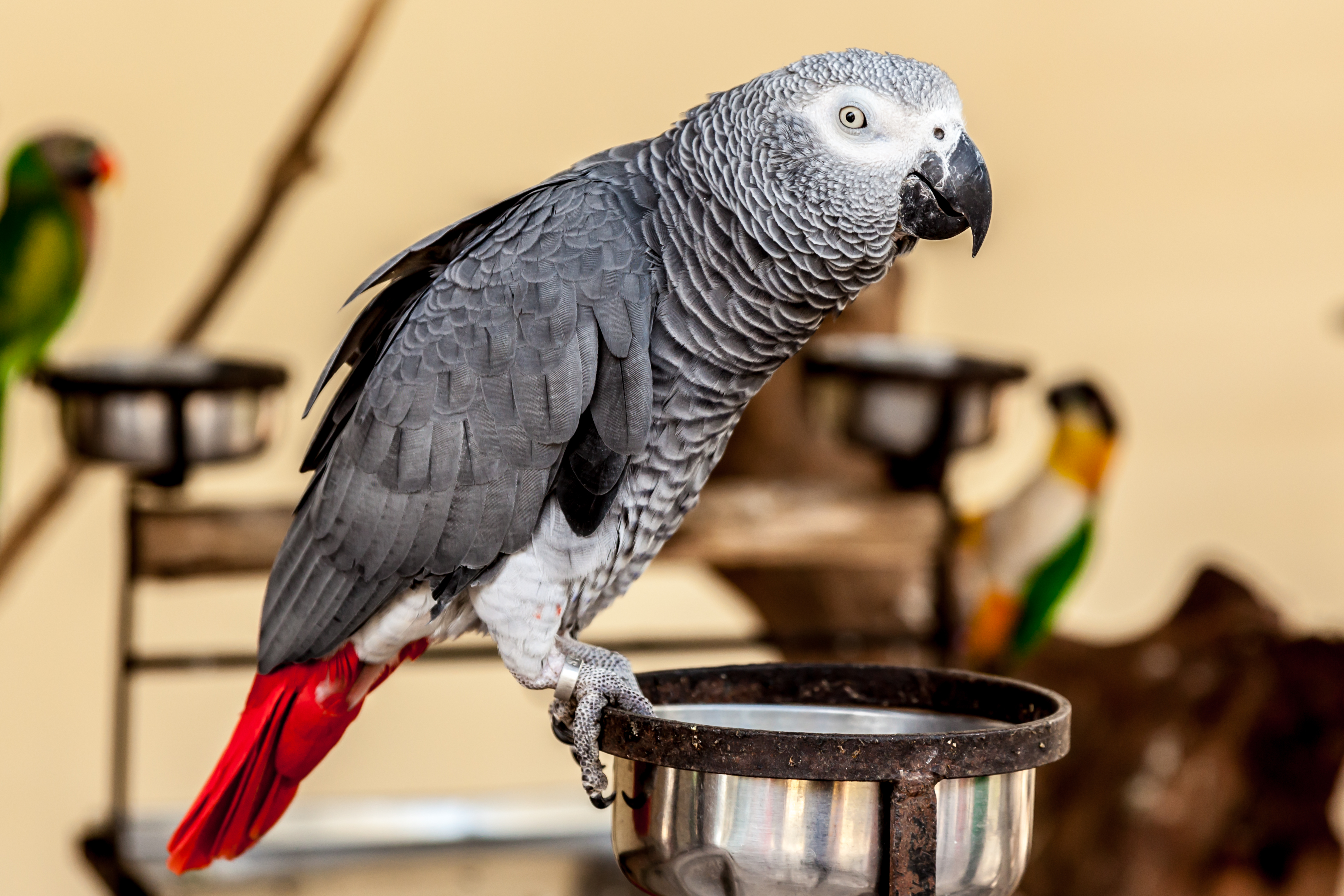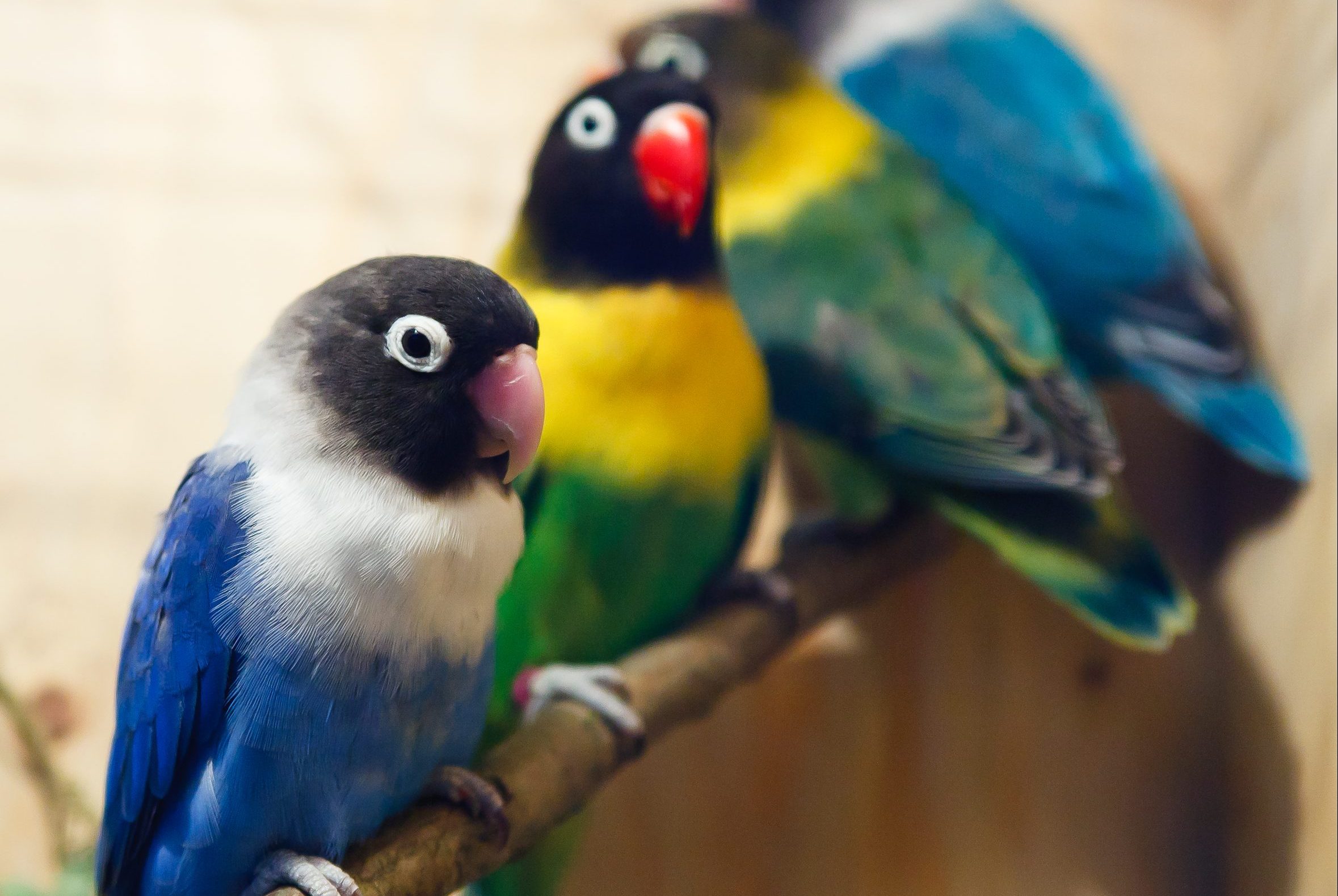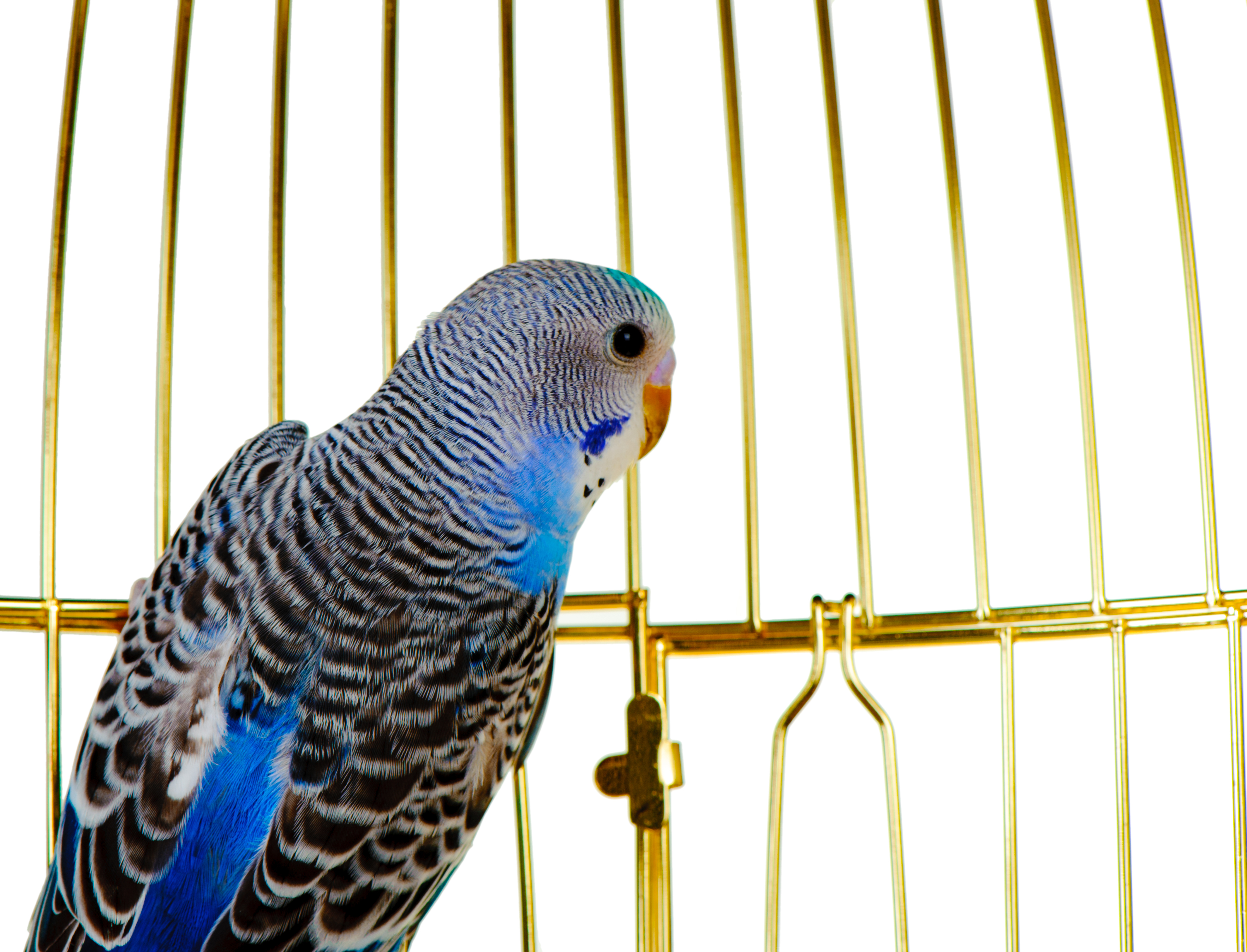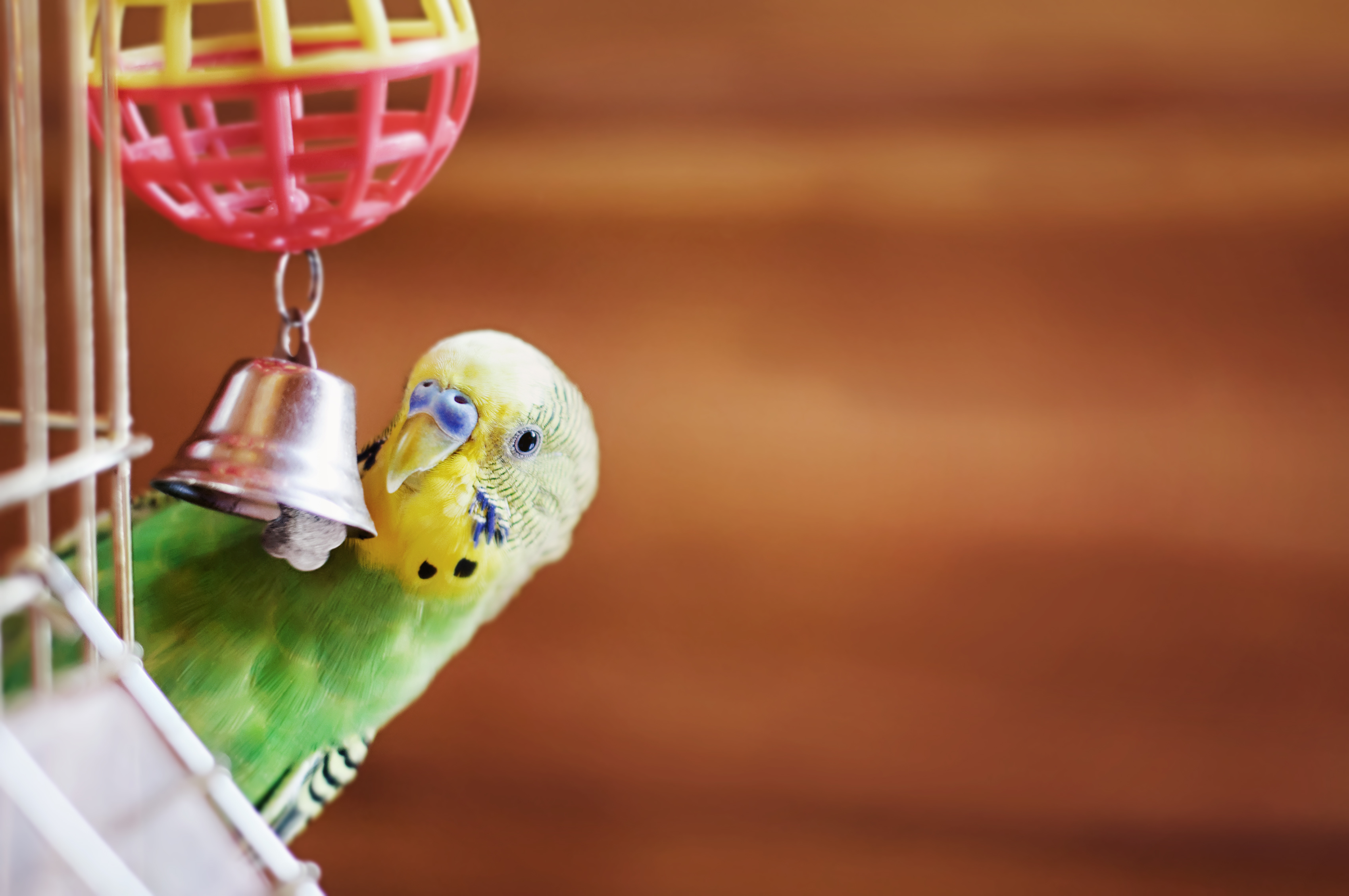Second Nature Retailing
Erik J. Martin //October 12, 2015//
 “Less is more” the saying goes, and another adage advises “keep it simple.” Manufacturers aiming for shorter product ingredient lists have been following this advice with increasing regularity in recent years with consumers showing their appreciation at the register. Thanks to enhanced ecological awareness, the better-for-you movement and an intensified spotlight on health and wellness, this trend toward more natural, organic and safer materials has transcended virtually every consumer category. Pet bird products are certainly no exception.
“Less is more” the saying goes, and another adage advises “keep it simple.” Manufacturers aiming for shorter product ingredient lists have been following this advice with increasing regularity in recent years with consumers showing their appreciation at the register. Thanks to enhanced ecological awareness, the better-for-you movement and an intensified spotlight on health and wellness, this trend toward more natural, organic and safer materials has transcended virtually every consumer category. Pet bird products are certainly no exception.
“Customers are clamoring for products with more natural materials and fewer fillers, artificial colors or additives,” said Darlene Parker, founder and owner of Feathered Friends of Santa Fe, a pet retailer in Santa Fe, New Mexico. “That’s a function partially of (having) more well-educated shoppers, thanks to the Internet, as well as an increased effort to do what’s best for their pet birds.”
Phoebe Stanley, product development and marketing coordinator for Vitakraft Sunseed, Inc., said this has been a logical consumer response “following the growth of the natural market in human foods and the more recent development of natural foods for dogs and cats.
“Today, the dedicated bird owner is more willing to invest in the bird’s long-term health.”
Nutritious Naturals
In response, industry players have launched a variety of new bird foods and treats formulated with all-natural ingredients, probiotics, prebiotics and other supplementation and lacking preservatives.
Vitakraft’s expanded SunSations line is a perfect example. Its large bird formulations, including an new macaw food with hefty chunks of fruit, have been a big hit.
Higgins Premium Pet Foods’ inTune Natural, Lafeber Co.’s Senior Bird Nutri-Berries and TOP’s All-Natural Bird Pellets for Parrots are other brands competing for attention in the natural sector.
Years ago, natural edibles for birds often lacked color, texture variety and flavor, and tended to collect dust on the shelves, according to Sue Brown, senior vice president of sales and marketing for F. M. Brown’s. Consequently, Brown’s rolled out its Tropical Carnival Natural Blend of Pet Bird Foods and Treats, incorporating unique gourmet ingredients, bright natural colors and intense flavors.
“‘Natural does not have to be boring for birds or their owners,” Brown said.
Tinkering with Trinkets
According to Elena Galbraith, co-owner of Beakers Parrot Place in Wilkeson, Washington, natural materials have found a home within the shreddable toy subcategory, as evidenced by the popularity of coconut, corncob, thistle, fleece, natural leather and various wood materials within numerous bird toys and accessories. From ladders, perches and swings to jungle climbs, spirals and kebab sticks, “artificial” is out and “au naturel” is in.
“Many of these natural materials allow for better preening and beak maintenance, making for a more multiuse product that prevents bird boredom and provides good value to the consumer,” Galbraith said.
While most notable manufacturers offer a wider variety of bird toys and cage accoutrements containing natural ingredients, including Prevue Pet Products, Planet Pleasures, A & E Cage Company and others, many pet stores are tapping into the trend of partnering with local vendors who hand-make and distribute their own natural products.
“I stock a number of custom toys, play stands and items containing natural materials made by small companies in the area, including one simply comprised of a husband and wife working out of their home,” said Parker, who added that she enjoys supporting local businesses and tries to avoid carrying any products made in China. “We also work with local artists who make custom wild bird houses and feeders featuring natural materials. Additionally, my husband is a woodworker who crafts a lot of handmade products for wild birds that we sell.”
Galbraith also carries wares wrought by small local manufacturers that feature natural substances and safer ingredients, among them a popular line of toys made by Kikos Toy Chest out of Tacoma, Washington. Crowd favorites in Galbraith’s shop include Coco Blocks, consisting of coconut husks strung together on a natural vine; Bead Snuggler, a beaded hanging toy containing natural fleece for preening; and Oyster Shell and Natural Blocks, for needed calcium and chewing—all produced by Kikos.
Retailers also are seeing a rise in natural loofah-type chew toys, such as Lovely Parrot’s loofah hanging toy swing with bells, as well as organic and biodegradable cage lining materials, like Green Pet’s Aspen Supreme Pellets Pet and Bird All Natural Litter and Bedding.
Natural-Born Merchandising
Organizing a pet store to better direct patrons to natural products can pay off in the checkout aisle.
“We have seen that the most knowledgeable consumers read the labels very closely, so we recommend custom, in-store signage that shows key nutritional and other features of the products,” Stanley said. “Using custom signage, perhaps with your own logo and other distinctive graphics, can show your store’s expertise and reinforce that your staff is knowledgeable.”
Also, take advantage of the package graphics by displaying these products vertically, Stanley said.
Brown recommended arranging shelves in a “good, better, best” arrangement so that customers can easily determine the natural bird products they are seeking.
“Avoid a hodgepodge set up and put in a separate natural and high-end set to entice customers to consider higher-end products,” she added.
